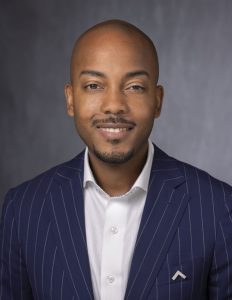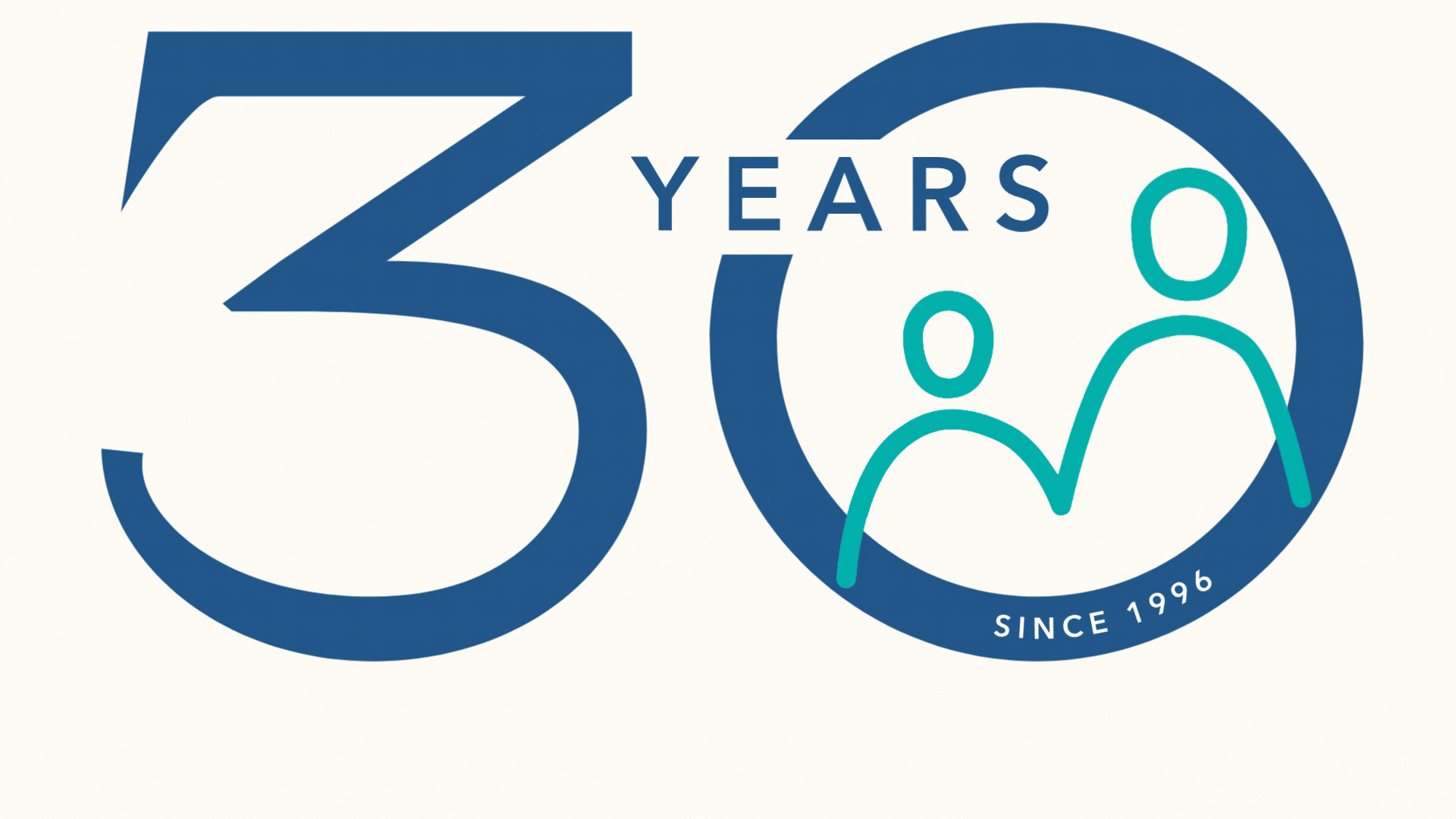 Growing up in the Baltimore area, Dr. Darrell Gray, II, would often tag along with his father, while the elder Dr. Gray tended to his patients in his Baltimore city internal medicine practice. His mom, a public-school special educator, served as a lasting role model for the importance of education.
Growing up in the Baltimore area, Dr. Darrell Gray, II, would often tag along with his father, while the elder Dr. Gray tended to his patients in his Baltimore city internal medicine practice. His mom, a public-school special educator, served as a lasting role model for the importance of education.
These dual influences shaped Dr. Gray’s path and purpose, and today, he serves as President and CEO of Wellpoint Maryland, one of the state’s largest coordinators of Medicaid-managed healthcare. We spoke to him about his role and vision for serving Wellpoint’s more than 270,000 members – many of whom are children – and his excitement for his upcoming role as one of three celebrity contestants for Baltimore Curriculum Project’s (BCP) “Are You Smarter Than a BCP Student?” on May 15, 2025.
Where did you go to school in Baltimore?
I went to Mount Washington Elementary, then transitioned to Fallstaff Middle School before going to Baltimore Polytechnic Institute.
How did attending Baltimore City public schools shape your path to Morehouse then Howard Medical School and Duke for your residency?
Baltimore public schools were key influencers in shaping me as an individual and positioning me for career success. They had a balanced recipe of academic rigor, outlets for creative expression and physical activity, and a community of supportive, resilient, and intelligent students and educators. Yet, while I had brilliant, amazing teachers in all of the schools I attended, I also had an environment at home that was the “secret sauce” in molding me as a leader.
Did you always want to be a doctor?
Yes and that spark of interest was lit by my father. [When I was younger], he took me on rounds with him in the hospital, and I could go into his office and see how he was able to impact people in times of both wellness and sickness. The rapport and relationships he was able to build within the community was something that I aspired to earn.
Very early in my tenure at Morehouse College, I briefly considered other options such as careers in business and mathematics. I even considered a career teaching Japanese after having an amazing experience in that course, but I ultimately pursued what I remain most passionate about, that being a career in medicine.
How did you choose your specialty in gastroenterology?
Initially, I was focused on being a cardiologist, believe it or not, primarily because heart disease was the number one killer in the United States – disproportionately impacting communities of color (which it still does today) – and I wanted to be a part of the solution. So, while attending Howard University College of Medicine, I applied to Internal Medicine residency, which was the first of a number of steps in the journey to being a cardiologist.
I was blessed to get accepted into my number one choice for Internal Medicine residency, Duke University Medical Center, and, during rotations in the cardiac intensive care unit and the general cardiology ward during my first year, realized that I liked the field of cardiology but didn’t love it enough to spend the rest of my life doing that. Ultimately, through mentorship from incredible gastroenterologists, I discovered a love for that specialty and saw an opportunity to change the narrative and devastating impact of colorectal cancer on communities of color.
Was receiving your master’s in public health part of your desire to address health disparities?
Yes. During my gastroenterology training at Barnes Jewish Hospital and Washington University in Saint Louis, and while working with churches to create a pipeline program for people in predominantly Black communities to get both primary care and ultimately specialty care in the form of colorectal cancer screening, I realized that I had knowledge gap that needed to be addressed if were to scale the local effort to a national program, that being healthy policy and public health. The Commonwealth Fund Fellowship in Minority Health Policy at Harvard through which I earned a master’s in public health filled that gap and armed me with skills and a network that continue to pay dividends.
What’s the role of health and wellbeing on children and their education? How are they intertwined?
Health is a catalyst and critical ingredient for student success. And by health, I’m not just simply referring to the absence of diseases like asthma, which impacts quite a few children across Maryland. Health is physical, mental, and social wellbeing. Unfortunately, many children in our communities lack one or more of those elements. And research has demonstrated the adverse impact of stressors such as food insecurity or unsafe and unstable housing as well as physical and behavioral disorders, for example, on students’ academic performance. The good news is that community schools, like BCP schools, can provide resources to students and their families and therefore are part of the solution.
Read more about BCP as a community school network.
What are some of the things you and Wellpoint are doing to address these issues for Marylanders?
At Wellpoint, we work diligently day in and day out to ensure that our members have access to high-quality, equitable, and timely healthcare. As a Medicaid-managed care organization who helps to manage the care of more than 270,000 people across the state, it is critically important for us to earn and sustain the trust of our members, healthcare providers who serve our members, and numerous partners and stakeholders. One of the various ways we accomplish this is through dedicated community service. We are committed to generosity with our time, talent, and resources in communities across Maryland.
We are also keenly focused on implementing data-driven solutions to meet the needs of our members’ most pressing health challenges. This goes beyond interventions in partnership with hospitals and medical clinics to work in homes and neighborhoods, in collaboration with community based organizations, to identify and address health-related social needs like food insecurity and unsafe housing.
What are you excited about as a celebrity panelist on “Are You Smarter Than a BCP Student?”
I’m excited for the opportunity to invest my resources and time with BCP schools, not only as a sponsor of the event, but also as a contestant. I’m also looking forward to the laughs and meaningful connections with attendees. My wife, Brittney, will likely be there laughing at and with me and collecting stories and pictures to share with our four children.
Thank you, Dr. Gray, for sharing your time, talent, and resources with BCP!
Learn more about the Are You Smarter Than annual gala.
